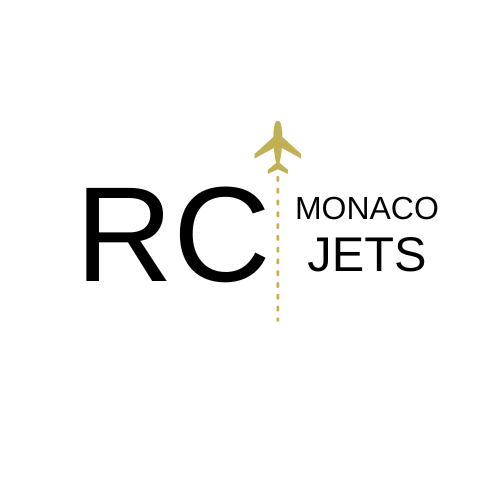Private aviation, with its luxurious jets and personalized itineraries, demands an unparalleled level of professionalism and expertise from pilots. But after all, what defines a good private jet pilot? What are the legal requirements and what skills stand out in this group of professionals? This article seeks to answer these questions, offering a complete and updated overview of the quality and preparation of these pilots, focusing on both veterans and new aspirants.
What sets a private jet pilot apart?
Responsibility and Autonomy: Unlike airline pilots, who operate under strict protocols and constant supervision, private jet pilots have greater autonomy in their decisions. This freedom requires a keen sense of responsibility and the ability to make quick and accurate decisions in complex situations.
Adaptability: Customized routes, weather conditions and smaller airports are the routine of a private jet pilot. The ability to adapt to different scenarios and solve unforeseen problems is essential.
Technical Knowledge: In addition to aircraft experience, a private jet pilot must have in-depth knowledge of meteorology, air navigation, international regulations, and resource management.
Interpersonal Skills: Direct contact with passengers, often high-ranking executives, requires communication skills, discretion, and the ability to handle delicate situations.
Legal Requirements and Certifications
To work as a private jet pilot, you must meet a number of legal requirements and obtain the appropriate certifications. The main ones include:
Commercial Pilot License: This is a basic license to practice as a pilot.
Type Rating: Each type of aircraft requires specific training and the obtaining of a type of rating.
Flight Instructor: Many private jet pilots also act as instructors, which requires additional certification.
Medical Renewal: Health is a crucial factor in flight safety. Pilots must undergo periodic medical examinations to ensure they are fit to perform their duties.
The Importance of Continuing Education
Aviation is a constantly evolving industry. New technologies, regulations and procedures are introduced regularly. Therefore, ongoing training is essential for all pilots, regardless of their experience. The main types of training include:
Flight simulators: Simulators allow pilots to train in emergency procedures, landings in adverse conditions and other complex situations in a safe and controlled environment.
Refresher courses: Participation in refresher courses is essential to keep technical and practical knowledge up to date.
Recurrent training: Civil aviation requires pilots to participate in periodic training to maintain their skills and knowledge.
Tips for new and experienced pilots
Invest in your education: Aviation is a career that requires ongoing investment in education and training.
Look for advanced training programs: In addition to the legal requirements, look for training programs that provide additional skills such as risk management, teamwork and leadership.
Stay up to date: Follow the latest industry news, participate in events and discussion forums.
Take care of your health: Physical and mental health are essential for a pilot.
Build a network of contacts: A good network of contacts can open doors to new job opportunities.
Being a private jet pilot is a highly sought-after and rewarding profession. The combination of technical and interpersonal skills and the responsibility of ensuring the safety of excluded passengers makes for a highly skilled and dedicated professional. By following the guidelines and tips outlined in this article, both novice and veteran pilots can build a successful career in this field.
#privatejetpilot #aviation #sunset #sky #pilotlife #flying #clouds #beautifuldestinations #pilot

